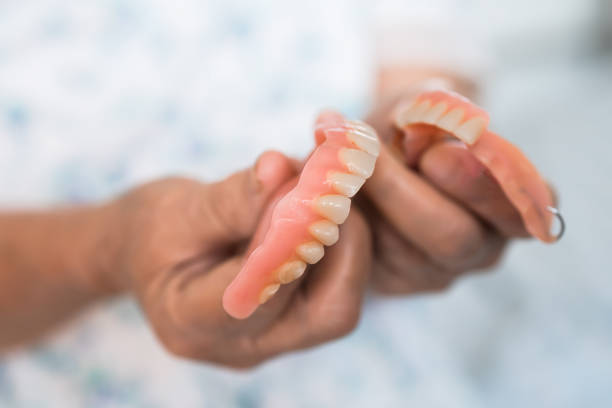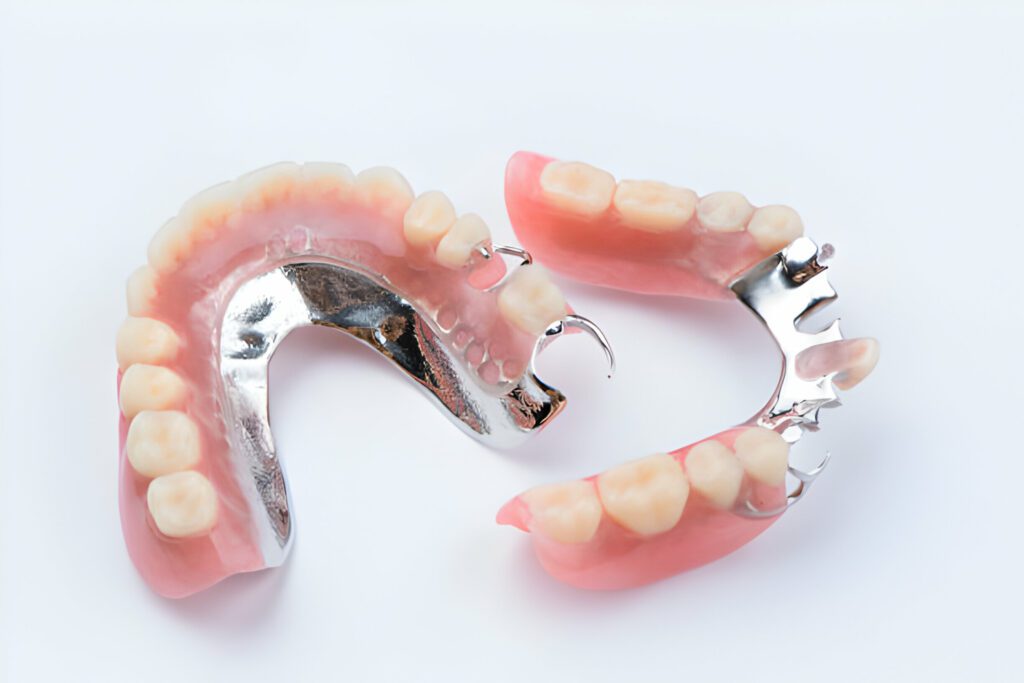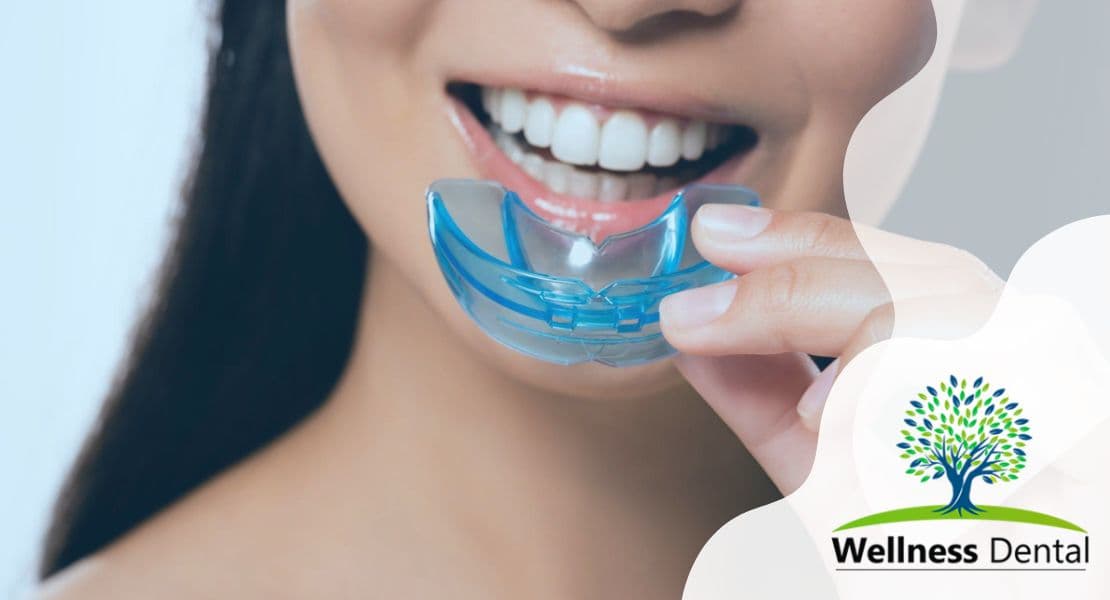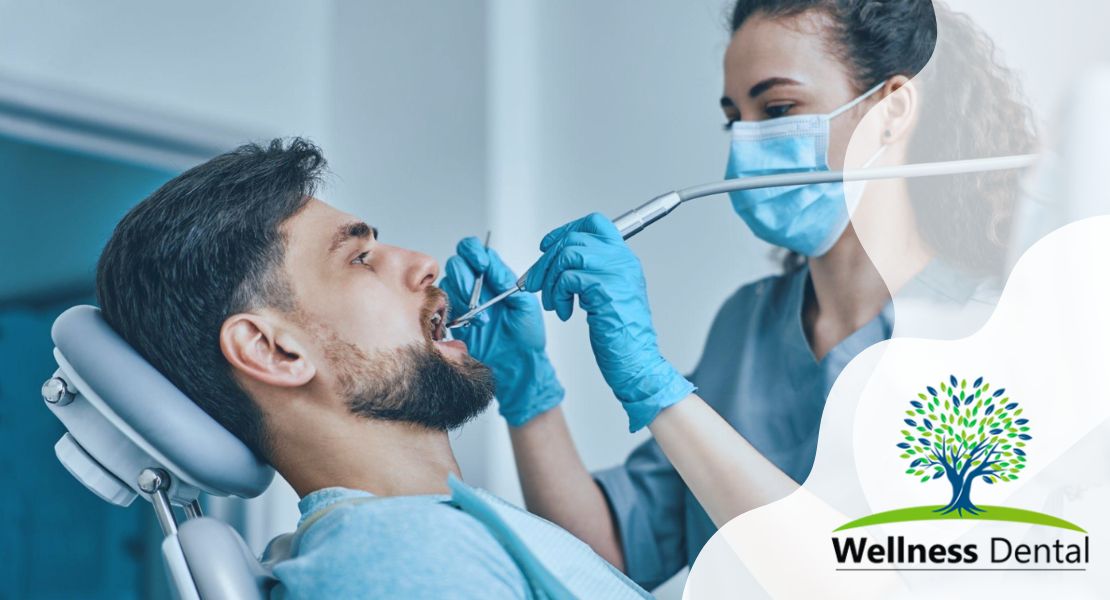When do you Need Denture Repair?
Denture repair becomes necessary when dentures suffer from damage or breakage. The criteria for determining when repair is needed include broken dentures, denture teeth falling out or becoming loose, or cracks and fractures in the denture material. In such cases, denture repair kits or superglues may provide a short-term fix, but it is recommended to seek professional dental attention for a long-term and permanent solution.
Proper care and maintenance can significantly extend the lifespan of dentures. With regular cleaning and daily wear, dentures can last for several years. However, the expected lifespan varies depending on factors such as material fatigue, the type of denture, and the individual’s oral health.
Regular dental checkups are crucial to assess the condition of dentures and ensure their proper fit. Additionally, routine visits to the dentist allow for early detection of any issues, such as tooth decay or gum disease, that may affect the longevity of the dentures.
If your Dentures Break, What Should you do?

Dentures are a popular option for those with missing teeth, providing a way to restore oral function and confidence. However, dentures can sometimes break, causing discomfort and inconvenience. In such situations, it is important to know how to handle the situation effectively. There are short-term and long-term solutions available to denture wearers, offering options depending on the severity of the break.
Short-term fixes include using denture repair kits or even super glues, although these should be used with caution due to potential toxicity. However, for a more permanent solution, seeking professional dental assistance is crucial. A dental appointment will ensure that the denture is repaired correctly, taking into consideration the type of denture and any other necessary repairs.
Furthermore, a dentist can assess the overall oral health of the patient and address any underlying issues that may have contributed to the break. By following the appropriate steps when denture breaks occur, individuals can ensure a long-term fix that promotes both comfort and oral health.
Causes of Denture Breakage

A broken denture can be a frustrating experience for denture wearers. There are several common causes of denture breakage that can range from wear and tear over time, to progressive bone loss, accidents, poor fit, and other factors.
One of the primary causes of denture breakage is wear and tear. Over time, the materials of the dentures can become weakened, leading to cracks or breaks. The constant daily wear on the dentures, such as chewing and biting, can contribute to this wear and tear.
Progressive bone loss is another factor that can contribute to denture breakage. As the jawbone shrinks over time due to aging or other oral health issues, it can affect the fit of the dentures. When the dentures do not fit properly, excessive pressure can be placed on certain areas, leading to a higher risk of breakage.
Accidents, such as dropping the dentures or accidentally biting down on a hard object, can also cause the dentures to break. Even minor accidents can have a significant impact on the durability of the dentures.
Moreover, poor fit is a common cause of denture breakage. When the dentures are not properly fitted to the mouth, they may be more prone to moving around or slipping, increasing the likelihood of breakage.
How to Care for your Dentures
To keep your dentures in top condition, it is crucial to follow a regular care routine that ensures their longevity and maintains your oral health. Caring for dentures properly extends their lifespan and prevents potential issues, such as broken dentures or tooth decay.
Firstly, daily cleaning is essential. Remove and rinse your dentures after meals or snacks, meticulously removing any food particles. Use a soft-bristle toothbrush and mild soap or denture cleaner to thoroughly clean all surfaces, including the false teeth. However, avoid using super glues or other household adhesives as they can contain toxic substances and result in a chemical taste and potential damage to your dentures.
Proper storage is equally important. When not wearing your dentures, place them in a denture soaking solution or plain water, ensuring they remain moist to prevent material fatigue. However, avoid using hot water, which can distort the shape of the denture. Additionally, take care to handle dentures with caution when cleaning or storing them, as they can be fragile and prone to breaking.
Furthermore, avoid damaging habits that can compromise the condition of your dentures. Steer clear of biting down on hard or sticky foods that may cause denture breaks or damage. Regular dental appointments are also crucial to evaluate the fit of your dentures and detect any potential issues early on.
By following these steps and caring for your dentures diligently, you can ensure a long-term solution for your oral health and extend the lifespan of your dentures.
FAQs about Denture Repair
Can I use glues or adhesive to fix cracks or breaks in my dentures?
No, using glues and adhesives is not recommended for fixing cracks or breaks in dentures. While it may provide a short-term fix, it is not a permanent solution and can lead to further damage. Additionally, these glues may contain toxic substances that can be harmful if ingested.
Why is it important to visit a professional for denture repair?
A professional dentist or denture specialist is trained and equipped to properly repair dentures. They have the expertise to assess the extent of the damage and use appropriate materials and techniques for a long-lasting fix. An improper repair can result in discomfort, poor fit, or further damage to the denture.
What are some common issues that may require denture repair?
Common issues that may require denture repair include cracks, breaks, loose teeth, or damage caused by wear and tear over time. It is important to address these issues promptly to avoid further problems, such as difficulty in speaking or eating.
How can I prevent the need for denture repair?
Prevention is key to minimizing the need for denture repair. Regular dental check-ups are crucial to detect any issues early on. It is also recommended to handle dentures with care, avoid damaging elements such as hot water, and maintain good oral hygiene to prevent tooth decay and gum disease.






